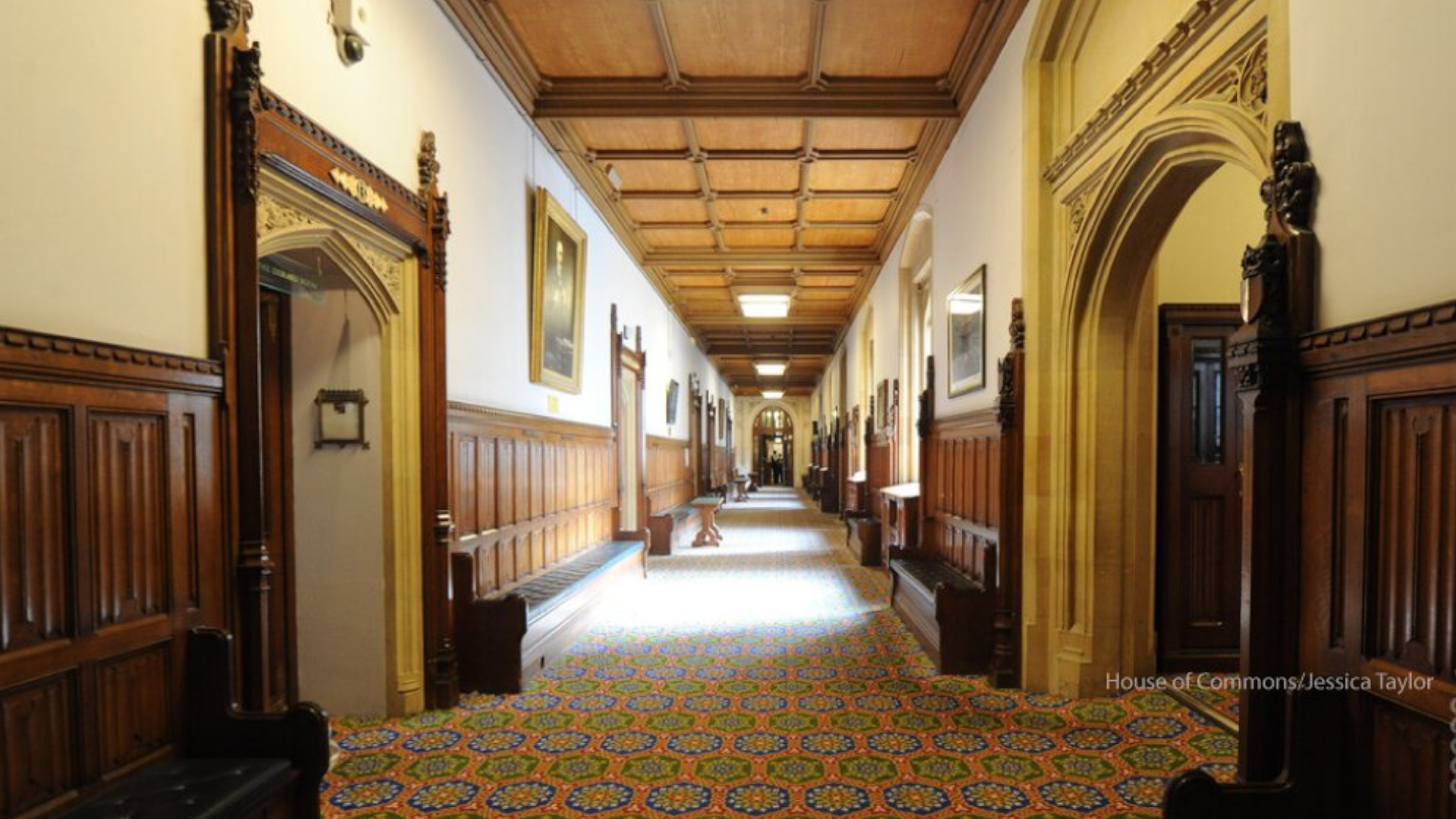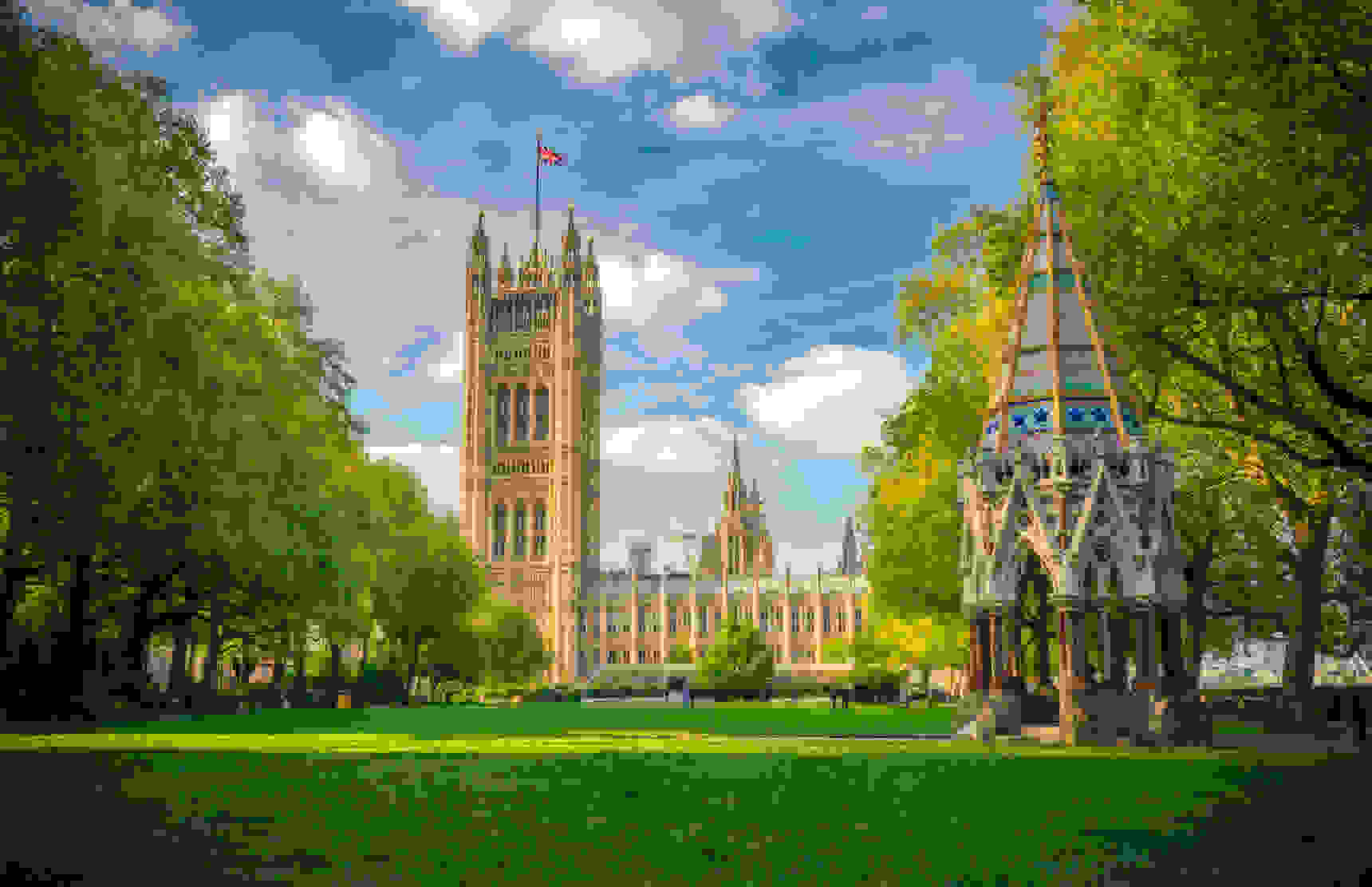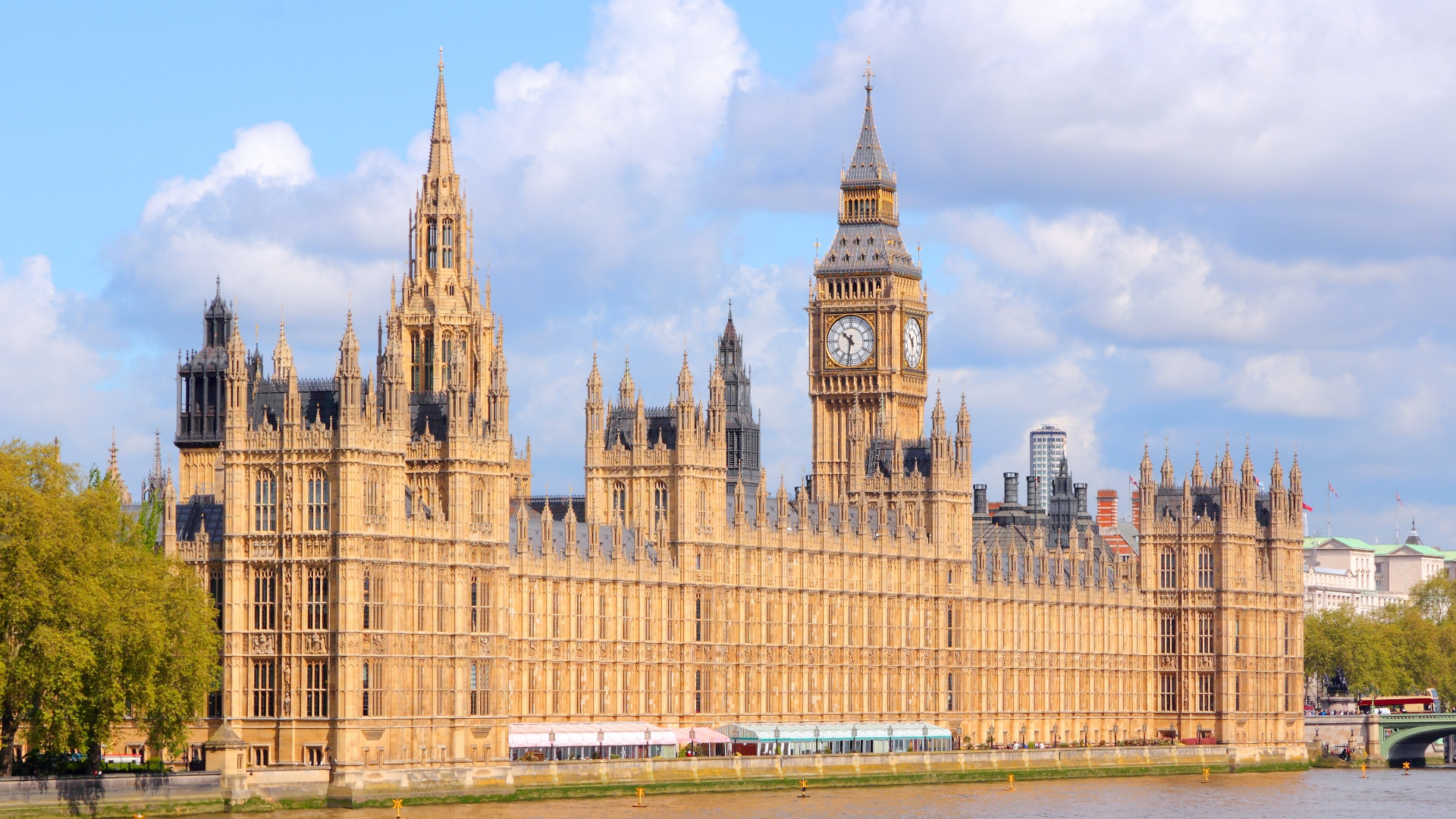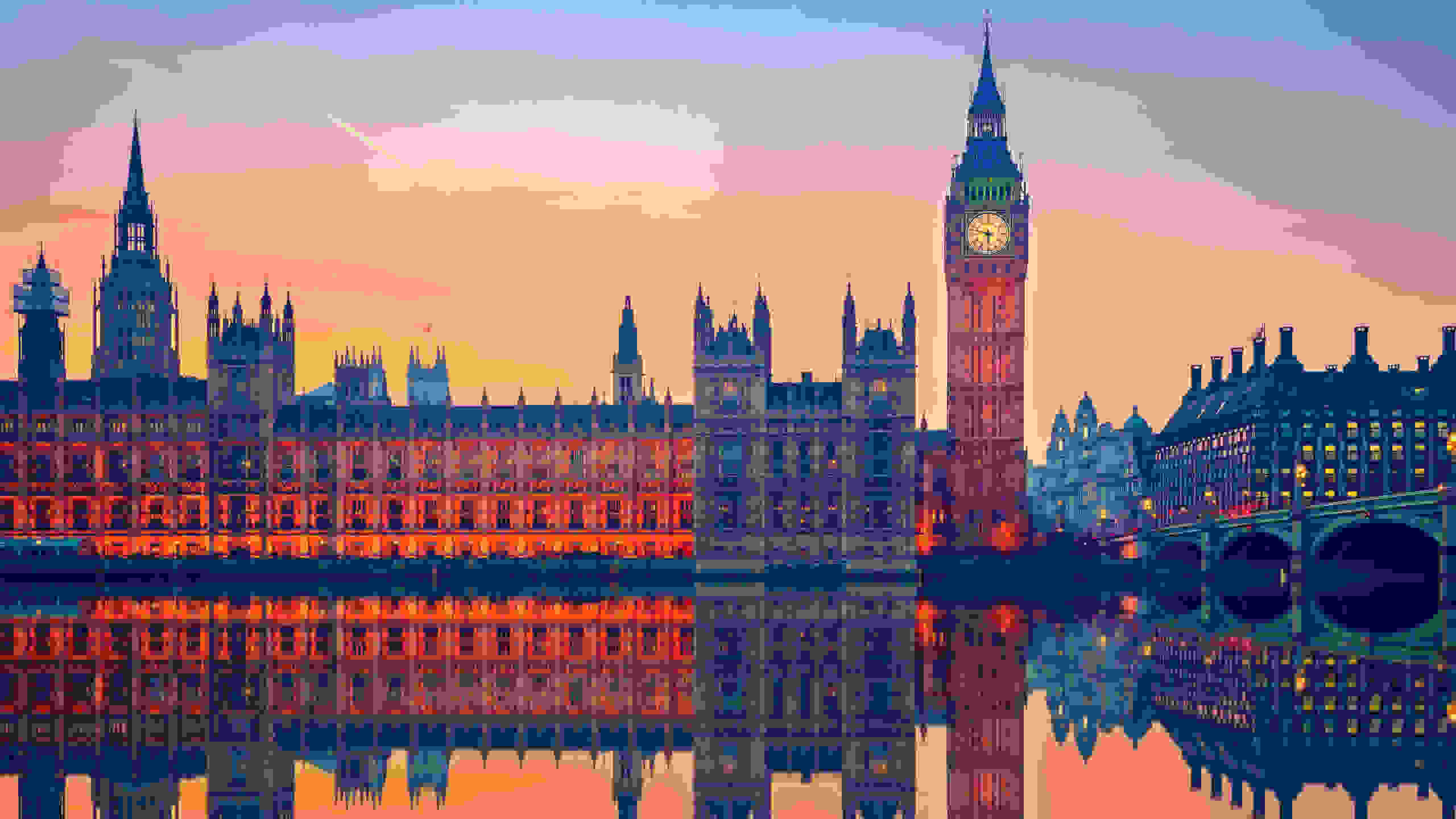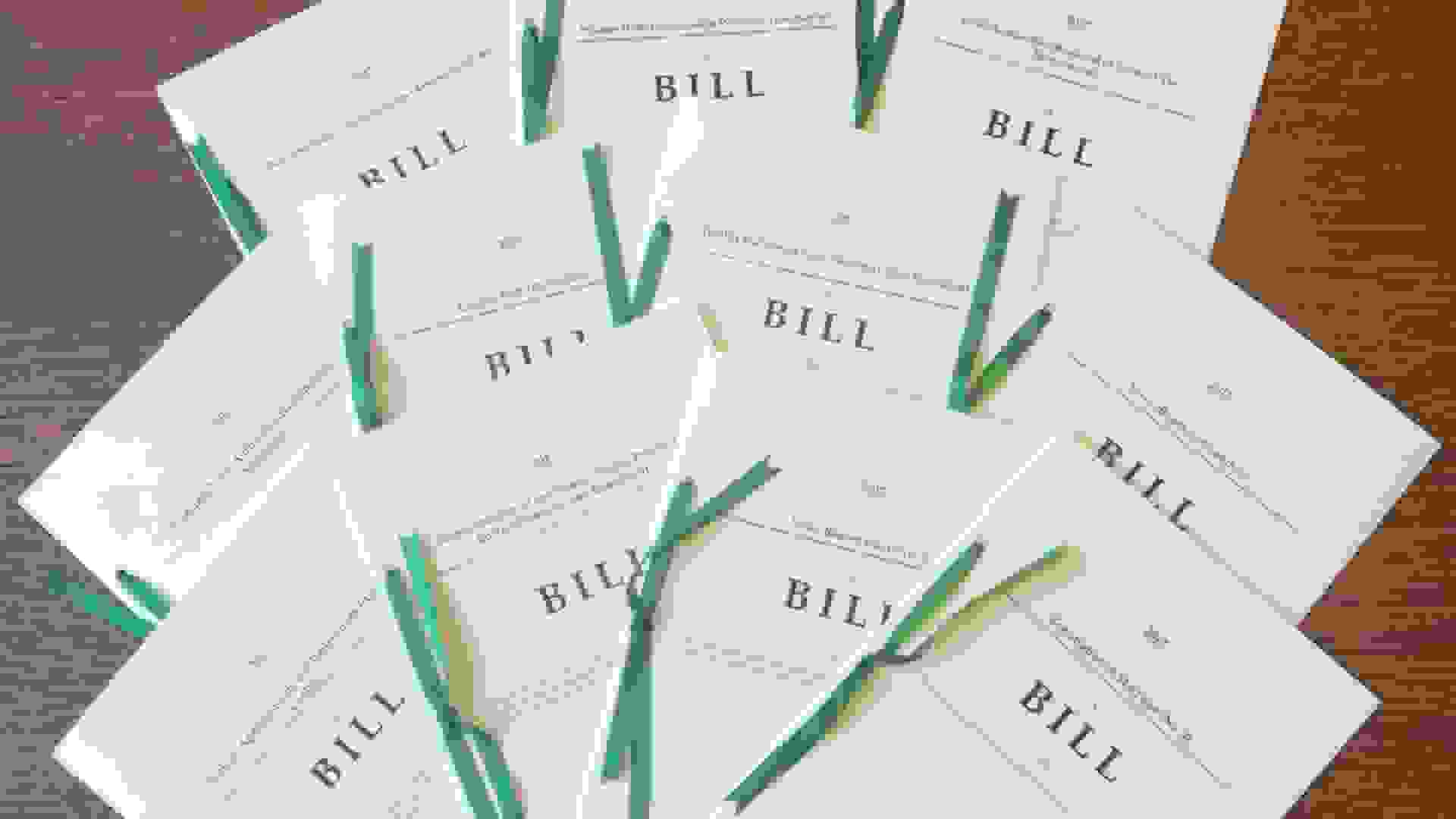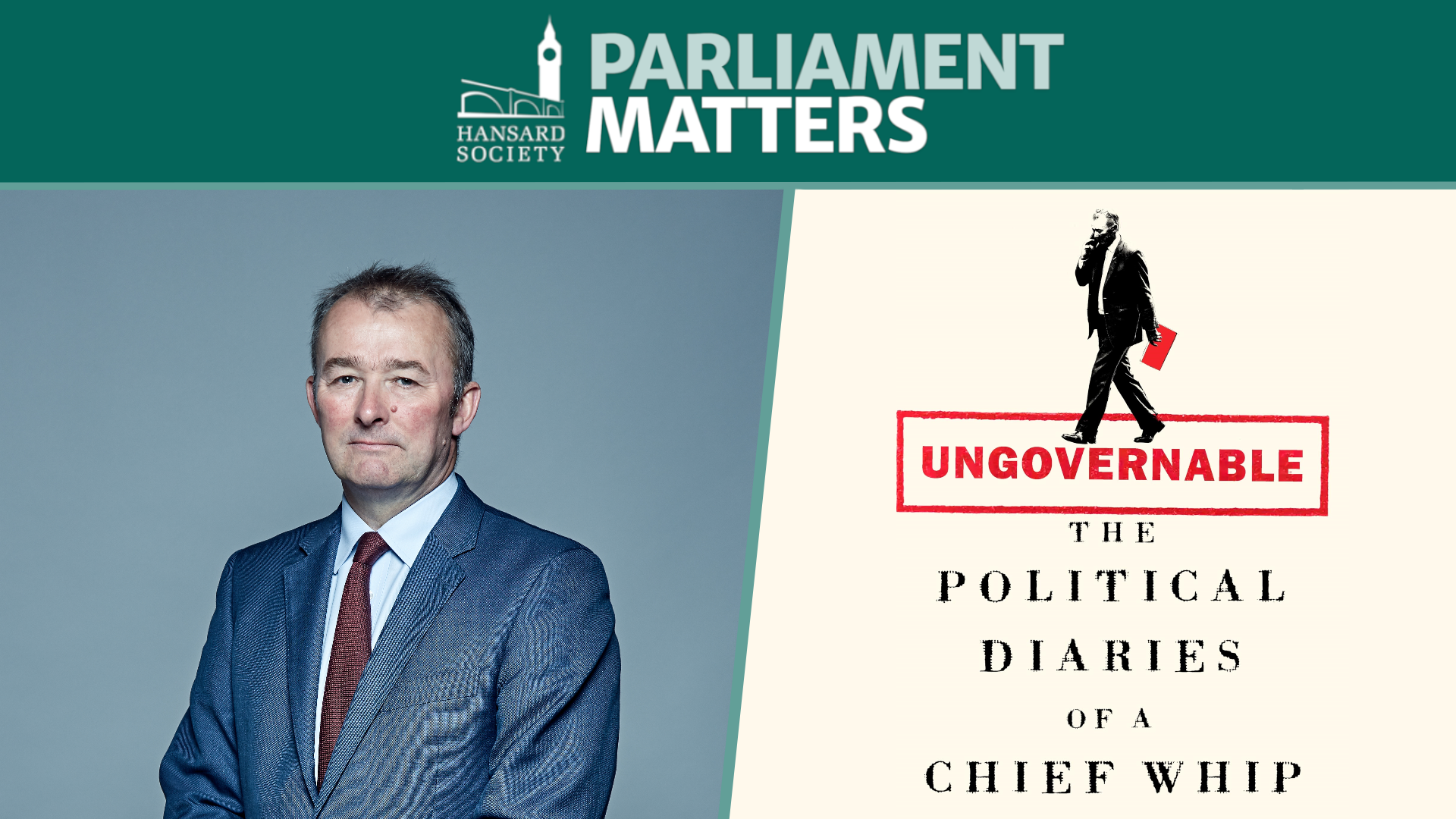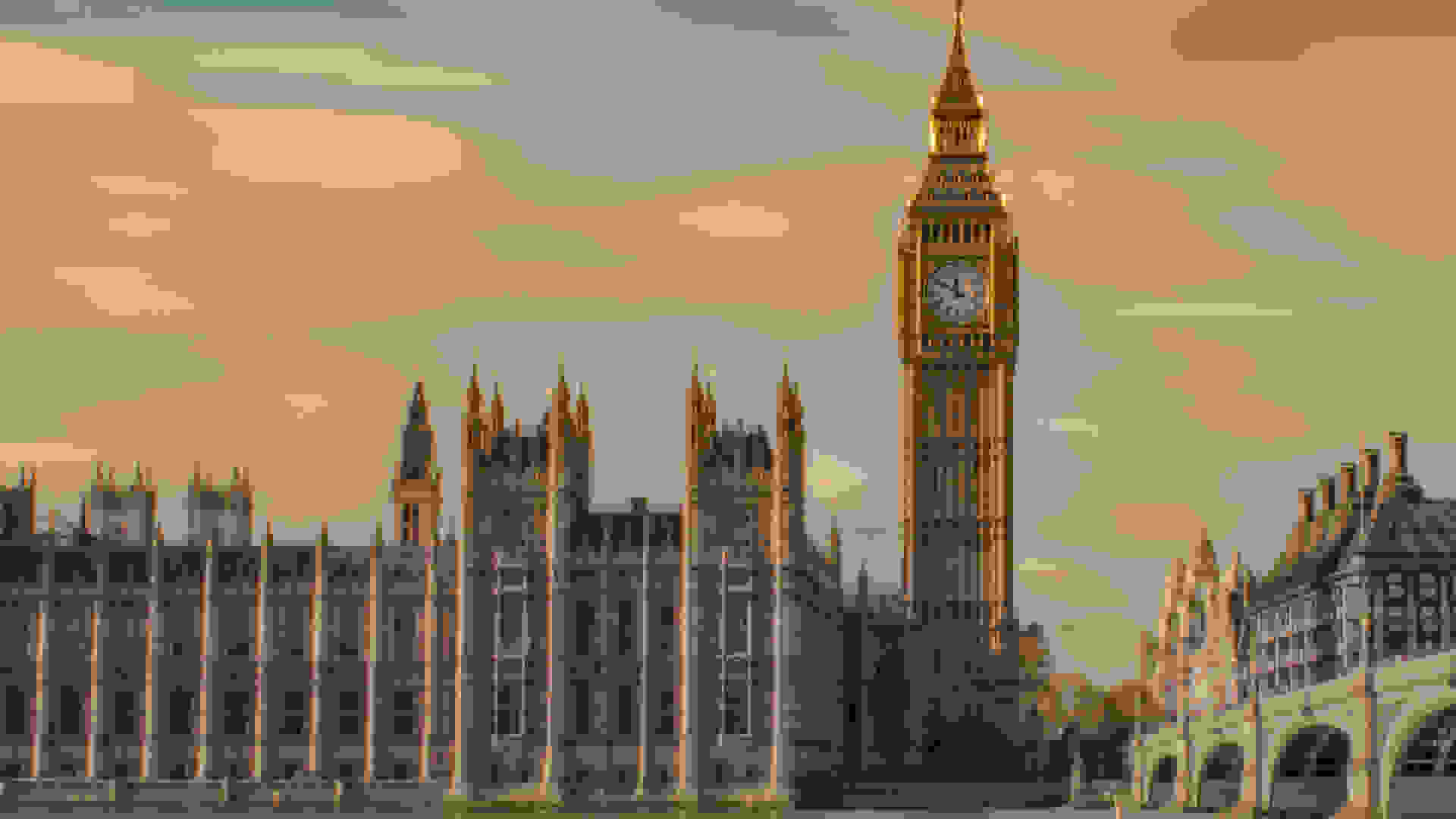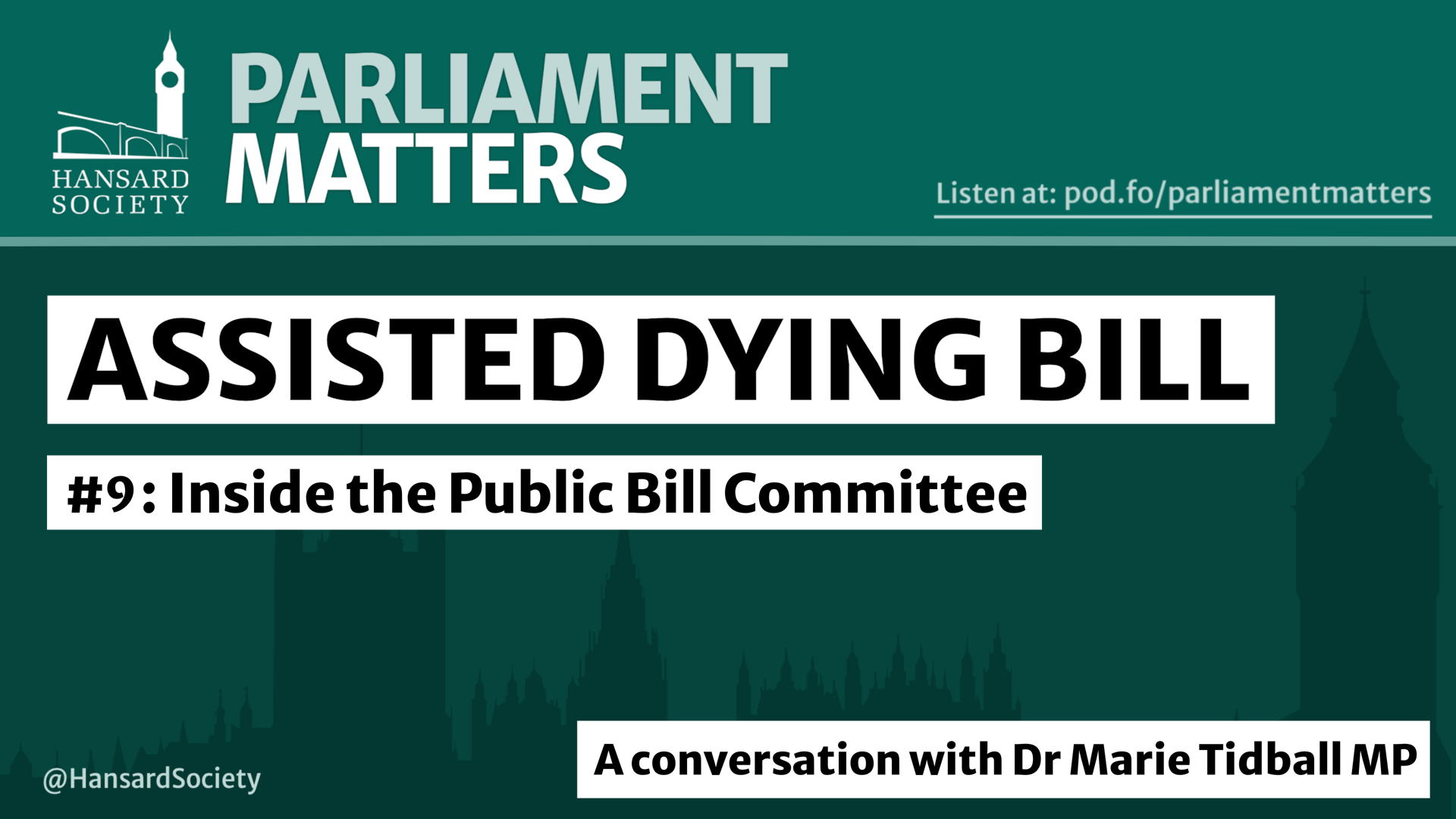Briefings / Back to Business: Setting up Select Committees
The chairs of most House of Commons Select Committees are now elected. But how is the distribution of Select Committee chairs between the parties determined? What is the process for electing the chairs and members ? Will term limits affect any potential chairs? Select Committee seats are allocated to reflect the balance of parties in the House: will the minor parties have any representation?
